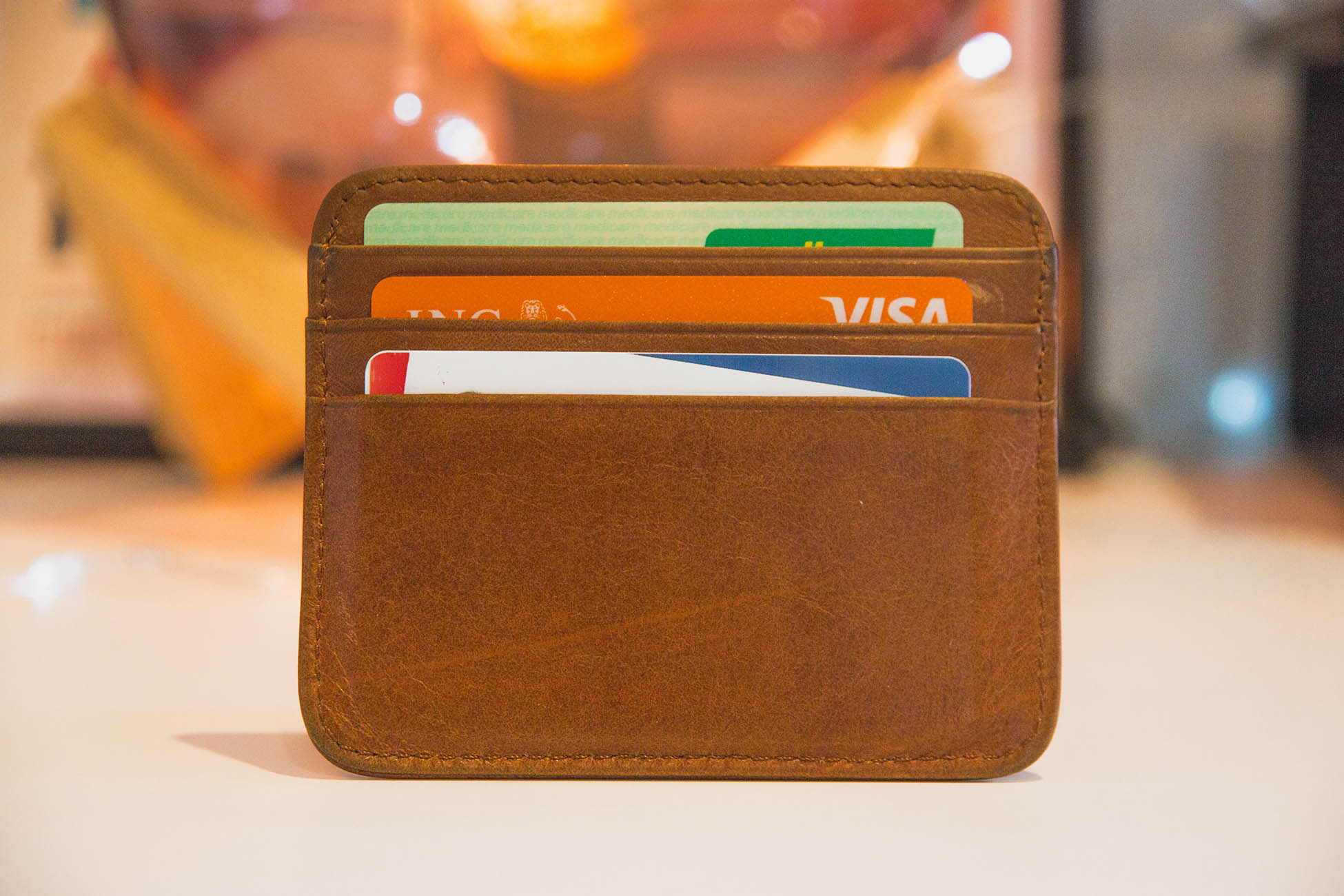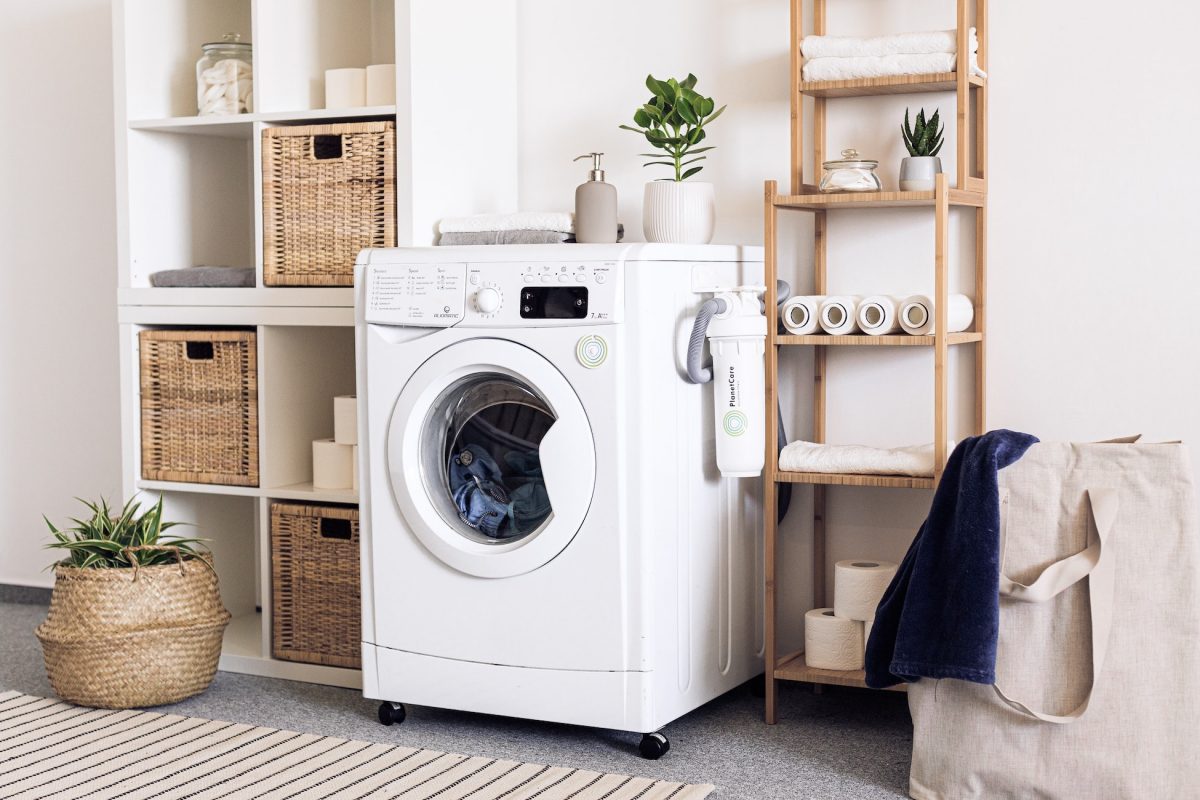It's a question that many of us ask ourselves at one point or another: how many credit cards should I have? The answer, like most things in life, is it depends. But we're here to help you figure out the best number for you. Keep reading for our guide on how to determine how many credit cards are right for you!
How Many Credit Cards Should I Have?
Why Should You Not Have Multiple Credit Cards?
How Many Credit Cards? Different cards, Different Benefits
Should I carry a credit card for emergencies?
Does having more credit cards help your credit score?
How do I choose between cards? Rewards and perks can make a difference
Why you should have at least one business credit card
When should I use more than one business credit card?
How many credit cards are too many?
Do You Really Need More Than One Credit Card?
How often should I apply for a credit card?
How many credit cards can I apply for at once?
How much credit should I use across all my credit cards?
Is it bad to have multiple credit cards?
How to Manage Credit Card Payments on Multiple Credit Cards
Will Having Multiple Credit Cards Affect My Credit Limits?
Should I Get Multiple Credit Cards from the Same Issuer?
How Do I Decide Which Card to Use as My Primary Credit Card?
Will Having Multiple Credit Cards Affect My Mortgage or Auto Loan?
How Many Credit Cards Should I Have?
All benefits achieved with several credit card accounts ultimately depend upon the card holders’ financial responsibility. The average Millennial has about 1.5 cards whereas Baby Boomers average about 3.5. Some prefer not using credit cards because of fear that they will have to spend more cash that they do not have. Some people can only use one card for earning money and others use two cards for separate usage: one for daily expenses and the other for an evening meal out or travel.
Many people (*cough*our entire staff *cough*) are doing hobbies for the sole purpose of maximising reward.
You need a better interest rate to pay off existing credit card debt
Balance transfer cards offer an attractive 0% APR that can help with the balance of interest payments, paying your bill promptly, and preventing missed minimum payments. But they can only be accessed from those with good credit. Note that a balance transfer card comes with its own risks, which may include a balance transfer fee that usually runs about 3% or 6% and high-interest rates that kick into effect after introductory periods or sometimes in cases when a card is purchased. Consider card balance transfers as tools.
You want to take advantage of rewards programs
Cards that offer no rewards are wasteful for you,” Hear says. She recommends determining the reward you desire most. Cards without annual charges generally contain less introductory bonus features than cards which do. Keep it to yourself if you want more reward points than you can manage juggling. He has urged people to carry three and five credit cards in their wallets. Two loyalty cards are quite adequate - the first for airline points and one as a bonus.
Why Should You Not Have Multiple Credit Cards?
Now that we’ve looked at some of the reasons why you might want to have multiple credit cards, let’s take a look at some of the reasons why you might not want to have too many credit cards.
You're new to credit cards, or just recovering from a bankruptcy or other bad credit incident
Start with a single card if needed, then add a second card once you prove you are making your monthly instalment on time and paying it back to the right amount, according to netia. Learning time is incredibly important,” she adds. These things can be done by starting with only one card in an initial attempt at adaptability to good habits”.
You're deep in debt
If you are deep in debt, avoid having multiple credit cards to manage your everyday spending. you could end up swamped in annual fees and if you have any missed payments you will quickly see the adverse history show on your credit report with credit bureaus.
How Many Credit Cards? Different cards, Different Benefits
It's possible to earn maximum reward points by buying credit cards from several different credit cards. For example, if your Discover It card has a cashback program, you can get 5% back on purchases like food, hotels, restaurants, and gasoline for some of the month (subject to capped at $1,000). If there's one more card you can use to earn 2% back on gas you may have used it for nine months when the discovery does not pay 5% back on gas. 5. In addition to the above card, there may even be an offer to get 1% off your entire purchase.
Should I carry a credit card for emergencies?
I prefer not to use a credit card in case of an emergency but have enough savings to use in such situations. When a vacationer is away and doesn't have the necessary cash to pay for a car repair, a debit card is certainly able to help. Other emergencies such as medical bills or loss of jobs can drain emergency funds. In a crisis it's important to have at least two credit cards. This type of card most certainly does not require an annual fee, a very big credit limit, and a very low interest rates.
Does having more credit cards help your credit score?
Multiple credit card accounts can affect your credit scores. Everything comes down to a lot of managing a card. If you have more than one credit card, you should always have a low balance to pay bills and keep them in check. While your number may not directly affect your credit score, it's important to be careful when applying for multiple cards simultaneously. Over time cards can be useful in boosting credit scores.
How do I choose between cards? Rewards and perks can make a difference
It is wise for anyone to think about how to use their credit cards. Some credit cards offer special bonuses to add to your regular expenses. If your goal is to collect reward points, try to find the right cards to maximize shopping, travel and gas expenses, and some that offer free rewards. You can also simplify everything. Focus on your credit usage no matter how many cards you have. Paying in the right way without wasting your funds can affect your credit score greatly.
Why you should have at least one business credit card?
Small businesses must use a business card as it keeps personal expenses separate – a credit card for personal expenses for the business. During taxes, the auditing process could be incredibly efficient. Many businesses credit card providers also offer large credit limits to give customers more short-term cash flow. Some business cards also offer perks that are not available to a consumer credit card.
When should I use more than one business credit card?
If one company has business credit cards it is likely that they will not offer another one. Then you have several cards that can be used as payment cards. In other words, business travelers should have two cards that are valid for travel and another one for everyday expenses. If you want an in-depth understanding of WalletHub's decision, you should register with it. Please visit our wallet.
Is 6 credit cards too many?
The number of credit cards you have is less important than how well you manage them. If you have a hard time keeping track of multiple accounts, then it may be better to stick to one or two cards. On the other hand, if you're disciplined with your spending and always pay your bills on time, then having a few more cards can give you some added flexibility.
No matter how many credit cards you have, the most important thing is to use them responsibly and make sure you're always paying your bills on time. If you do that, then you'll be in good shape no matter how many cards you have!
How many credit cards are too many?
Using two credit cards for the same purpose can cause more trouble than necessary. The use of many credit cards for the same reason that you can increase your overall credit rating isn't advised for the most part. Many card manufacturers have rules on this problem that arise when customers try to cheat their card system by buying multiple cards to get the bonus and cancel them when the requirement is met.
Do You Really Need More Than One Credit Card?
If you're asking yourself how many credit cards you should have, it's important to first ask yourself if you really need more than one. In most cases, having just one credit card is plenty. After all, the whole point of having a credit card is to help you make purchases and build your credit history. As long as you're using your card responsibly and making all of your payments on time, you'll be in good shape with just one card.
Of course, there are some exceptions to this rule. If you travel frequently, for example, it may make sense to have more than one credit card so that you can take advantage of different rewards programs. Or if you have a lot of expenses that you need to pay.
How often should I apply for a credit card?
The logical answer is you have to apply every time. Since online application is generally only about 30 seconds you can choose many different card options within the same period. But this means it's not necessary to apply for more than one card at any one time. In most instances, waiting between credit cards will improve a person's credit ratings, and it will improve his chances of being accepted.
How many credit cards can I apply for at once?
You are permitted to apply with a credit card as many times as you wish. Not only is it hard to track application and card information, but also does not show good in credit reports. Generally speaking, if you open a new credit card and then close it before paying a fee it can be detected. Banks might consider that the card has no eligibility for a new card.
Spacing out credit card applications
Credit application can result in an extremely difficult examination, reducing your score by a few digits. The effects are tiny but very short-lived in nature. In many circumstances, a single credit card is considered a sign of credit danger and the hard inquiries add to that. A split credit application may help keep multiple hard queries from affecting a single credit score.
Timing credit applications with big future purchases
If you plan to buy big purchases — such as a house — you should plan ahead with credit approval to ensure you get the best possible credit score. Applying for just one credit card will affect your credit score, but your points will return in a few weeks. Ensure that your deadline is within the limit of what you can do with credit cards if needed.
Managing multiple billing cycles
The obvious is that, with a bigger bank account you can easily track the number of payments dues and limits you have. One way to automate payment in one go is changing a due date to the same day and paying on a payday. NerdWallet provides free credit monitoring dashboards for your credit history.
How much credit should I use across all my credit cards?
Credit specialists typically recommend maintaining a credit utilization rate above 30%. Some say that you can set a single-digit utilization rate under 10% to have a better credit score.
Is it bad to have multiple credit cards?
While the use of cards is not harmful, a card-holder should also know the limitations that exist. Can you manage multiple card payments in one go? When a consumer uses 6 different cards, that means 6 different apps that need regular checking to make the payment timely. All credit cards are going to have different deadlines to pay for their products or services. Increasing credit utilization is causing more credit card bills to be late and spiraling into debt, but this is unlikely.
How to Manage Credit Card Payments on Multiple Credit Cards
Track your payments by setting up a system that works for you. You can use an app, like Mint or YNAB, or create a spreadsheet to track your due dates and payments.
Some people like to set up automatic payments for their credit cards, so they never have to worry about missing a payment. Others prefer to pay manually.
Will Having Multiple Credit Cards Affect My Credit Limits?
No, having multiple credit cards will not affect your credit limits. Your credit limit is determined by your creditworthiness, which is based on factors like your income, employment history, and payment history. So if you have multiple credit cards with high limits, it could actually improve your credit score.
Should I Get Multiple Credit Cards from the Same Issuer?
There is no right or wrong answer to this question. It depends on your spending habits and how you want to manage your credit cards. If you think you'll spend more if you have multiple cards from the same issuer, then it might not be the best idea. But if you're disciplined with your spending and can manage multiple cards easily, then there should be no issue.
How Do I Decide Which Card to Use as My Primary Credit Card?
Again, this is a personal decision. You might want to use the card that offers the best rewards or the one with the lowest interest rate. Or you might just use the card that you've had the longest. Ultimately, it doesn't matter which card you use as your primary credit card as long as you're using it responsibly and paying off
Quick Links to Useful Sections
Swipe Swipe! How Many Credit Cards Should I Have Table of Contents
How Many Credit Cards Should I Have?
Why Should You Not Have Multiple Credit Cards?
How Many Credit Cards? Different cards, Different Benefits
Should I carry a credit card for emergencies?
Does having more credit cards help your credit score?
How do I choose between cards? Rewards and perks can make a difference
Why you should have at least one business credit card?
When should I use more than one business credit card?
How many credit cards are too many?
Do You Really Need More Than One Credit Card?
How often should I apply for a credit card?
How many credit cards can I apply for at once?
How much credit should I use across all my credit cards?
Is it bad to have multiple credit cards?
How to Manage Credit Card Payments on Multiple Credit Cards
Will Having Multiple Credit Cards Affect My Credit Limits?
Should I Get Multiple Credit Cards from the Same Issuer?
How Do I Decide Which Card to Use as My Primary Credit Card?
Will Having Multiple Credit Cards Affect My Mortgage or Auto Loan?
Will Having Multiple Credit Cards Affect My Mortgage or Auto Loan?
No, having multiple credit cards will not affect your mortgage or auto loan. Your credit score is based on your payment history, not the number of credit cards you have. So if you're using all of your credit cards responsibly and paying off your balances each month, it should have no effect on your mortgage or auto loan.
If you know someone who hates carrying around cash, make sure you share this article with them!













